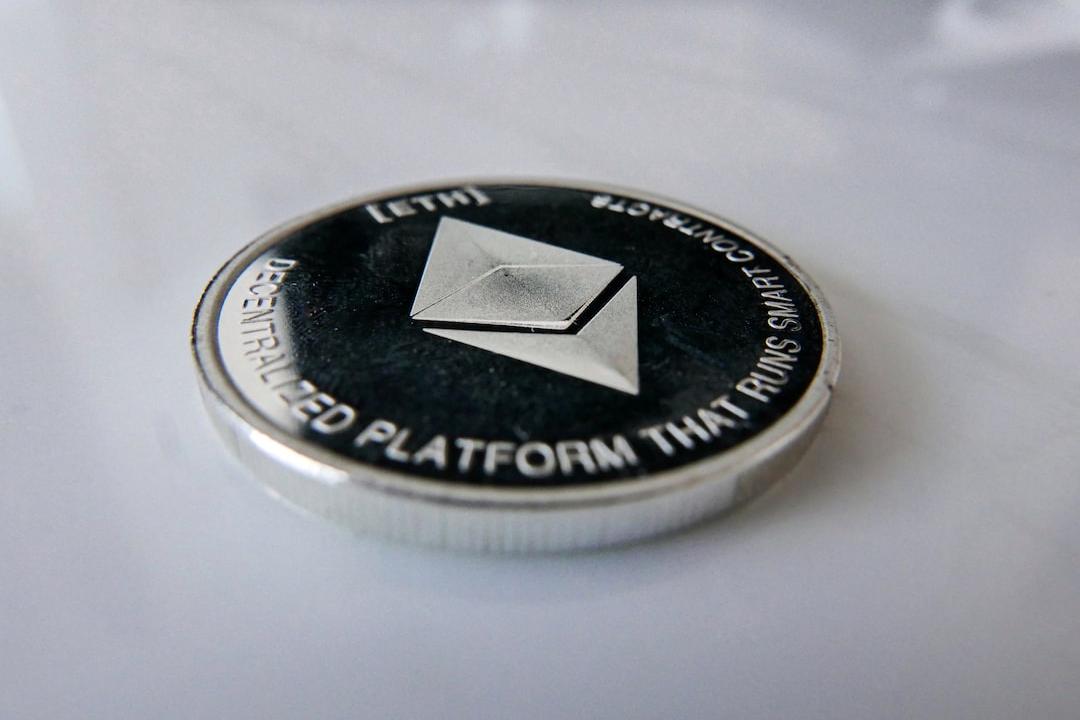LG Uplus, a subsidiary of South Korean tech giant LG, has recently introduced an innovative metaverse experience at Yonsei University in Seoul, reimagining the university’s vibrant Sinchon campus as “Meta Yonsei.” This cutting-edge virtual space offers a seamless journey through iconic landmarks such as the auditorium and library, while also catering to the needs of verified students with tiered access to digital resources and exclusive meeting areas.
The exclusive nature of Meta Yonsei sets it apart from other metaverse ventures, allowing only registered students to fully engage with its peer-to-peer communication tools and select areas. Despite the initial openness for virtual exploration, outsiders are restricted from accessing these advanced features. According to a report by Chosun Biz, a local newspaper, the response from Yonsei students has been overwhelmingly positive, validating the metaverse’s appeal within the academic community.
Contrary to the typical focus on social aspects in university metaverse projects, Meta Yonsei prioritizes productivity. The digital twin design includes features like virtual workspaces, video and audio conferencing, and automated annotation and captioning, encouraging students to utilize the metaverse for academic tasks throughout their studies. This not only enhances the learning experience but also equips them with the skills necessary for the modern global workplace, where collaboration tools and real-time cross-border cooperation are standard.
In addition to these productivity-driven features, structured check-ins and supervised activities facilitate interactions between students and faculty. The metaverse’s auditorium, a digital replica of the real one, can accommodate up to a thousand users for virtual events, including the opportunity to witness guest speakers and experts on a virtual stage, fostering a dynamic learning environment.
In conclusion, LG Uplus’s Meta Yonsei at Yonsei University is a pioneering metaverse experience tailored to the academic community, blending social interaction with productivity tools. It serves as a glimpse into the future of education, where virtual spaces can seamlessly integrate into the learning process and prepare students for the realities of the modern workforce.

